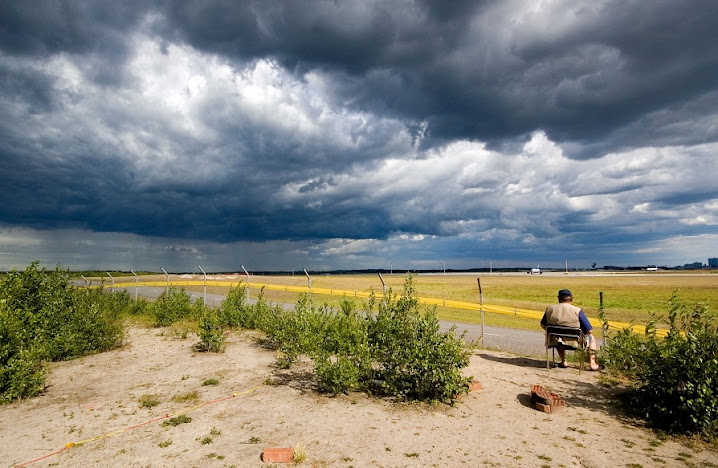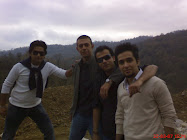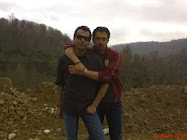Contents
1- Hindu, Japanese, and Greek systems
1-1- Classical elements in Greece
1-2- Classical elements in Hinduism
1-3- Classical elements in early Buddhism
1-3-1- Classical elements in the Seven Chakras
1-4- Classical elements in Japan
1-5- Classical elements in Bön
4-Astrology and the classical elements
The Greek names of the elements are as follows:
Γαια, gaia earth
ύδωρ, hydor, water
άήρ, aer, air
έιλή, heile, heat (fire)
ίδέα, idea or ίερόν, hieron "a divine thing"
These five elements are sometimes associated with the five
platonic solids.The Japanese and Hindu systems use these same five classical elements but use a different name for the fifth element: void in the Japanese system and aether or akasha in the Hindu system. "Idea" is the preferred modern term, and lends itself well to the idea that algorithms, software, or other similar "cyberspace" processes be categorized as belonging to the fifth element. In other words, just as the mind belongs to Idea, even though the brain is a mixture of solid ("Earth") and liquid ("Water"), software also belongs to Idea even though the hardware it runs on, i.e. silicon chips, etc., is made from solid ("Earth") matter.
The fifth Classical Element (Idea) may be further sub-divided into living and non-living. For example, the mind is an example of a living form of Idea whereas computer software is an example of non-living Idea.
1-1- Classical elements in Greece
The Greek classical elements are fire , earth , air , and water . They represent in Greek philosophy, science, and medicine the realms of the cosmos wherein all things exist and whereof all things consist. The ancient Greek word for element (stoicheion) literally meant "letter (of the alphabet)", the basic unit from which a word is formed.
Plato mentions the elements as of pre-Socratic origin, a list created by the Ionian philosopher Empedocles (ca. 450 BC). Empedocles called these the four "roots"; Plato seems to have been the first to use the term "element (stoicheion)" in reference to air, fire, earth, and water.

Fire is primarily hot and secondarily dry.
Earth is primarily dry and secondarily cold.
Water is primarily cold and secondarily wet.
One classic diagram (right) has one square inscribed in the other, with the corners of one being the classical elements, and the corners of the other being the properties. The opposite corner is the opposite of the these properties, "hot - cold" and "dry - wet"
According to Galen, these elements were used by Hippocrates in describing the human body with an association with the four humours: yellow bile (fire), black bile (earth), blood (air), and phlegm (water).
The concept of the classical elements proved extremely persistent in Europe, lasting through the Middle Ages to the early modern era. Just as the Aristotelian dogma was related to the Greek world view, the idea of classical elements in the Middle Ages composed a large part of the medieval world view. The Roman Catholic Church supported the Aristotelian concept of aether because it supported the Christian view of earthly life as impermanent and heaven as eternal.
In Western astrology the concept of the four classical elements has survived from antiquity up until the present. The twelve signs of the zodiac are divided into the four elements: Fire signs are Aries, Leo and Sagittarius, Earth signs are Taurus, Virgo and Capricorn, Air signs are Gemini, Libra and Aquarius, and Water signs are Cancer, Scorpio, and Pisces. Most modern astrologers still view the four classical elements as a critical part of interpreting the astrological chart.
In divinatory tarot,the suits of cups, swords, wands (batons) and pentacles (coins) are said to correspond to water, air, fire, and earth respectively. These correspond in the modern deck of playing cards to hearts, spades, clubs, and diamonds.
.jpg)











